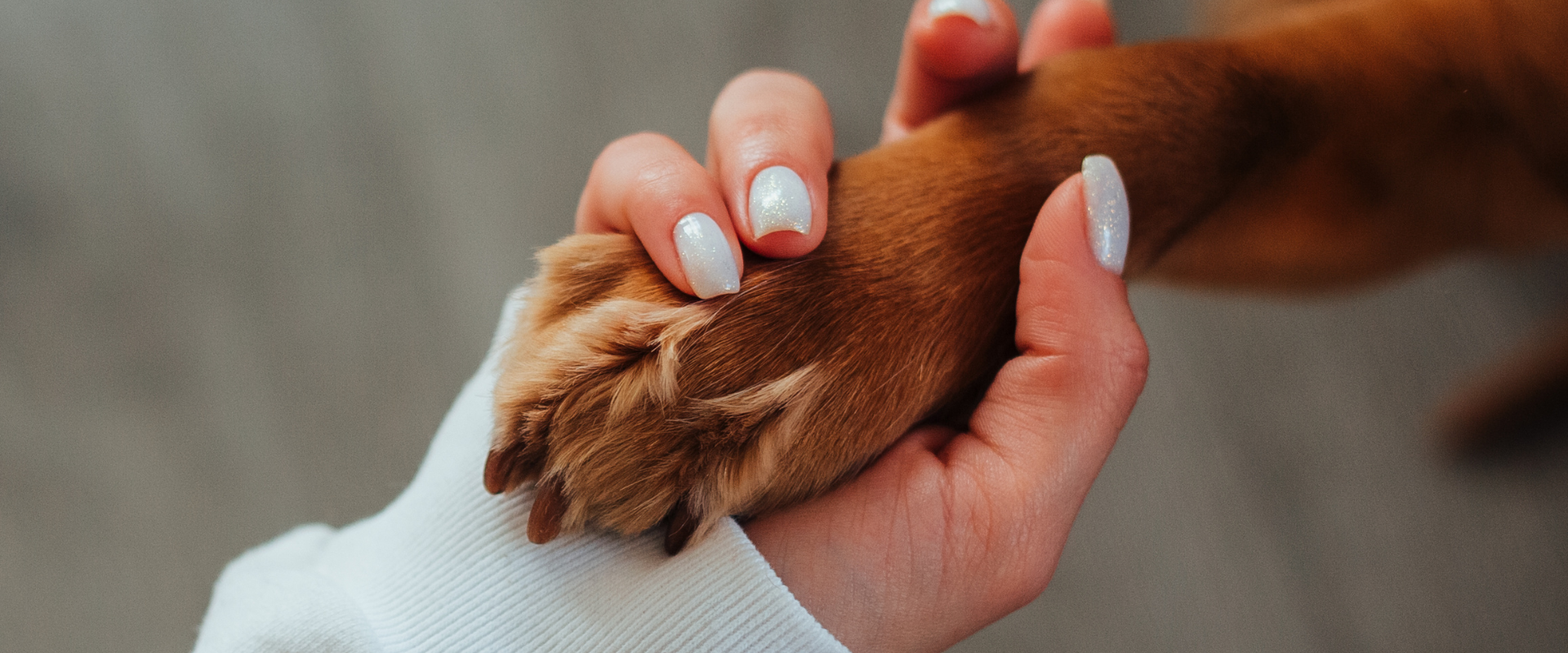Every dog owner wants the best for their pup, but even the most caring owners can fall into some common feeding traps. A balanced diet is the foundation of a long, happy life for your dog, yet certain habits can unknowingly jeopardize their well-being. In this article, we explore five common feeding mistakes that can affect your dog’s health—and offer simple, practical tips to prevent them.
1. Overfeeding: More Isn’t Always Better
The Problem
Many pet parents equate a full belly with a happy, satisfied dog. However, overfeeding can lead to serious health issues, including obesity, joint problems, and even diabetes. According to research published in the Journal of Veterinary Internal Medicine, excessive calorie intake is directly linked to an increased risk of chronic diseases in dogs.
Learn more about canine obesity and health risks.
How to Avoid It
- Follow Recommended Portions: Always adjust feeding portions based on your dog’s age, weight, and activity level.
- Regular Weigh-Ins: Monitor your dog’s weight regularly to ensure they maintain an ideal body condition.
- Opt for Quality Over Quantity: Choose premium dog food options that provide balanced nutrition without unnecessary fillers.
2. Too Many Treats: The Hidden Calories
The Problem
While treats are a great way to reward your dog, overindulgence can contribute significantly to their daily caloric intake. Whether it’s crunchy bites, table scraps, or snack bars, too many treats can quickly add up and lead to weight gain.
How to Avoid It
- Stick to the 10% Rule: Treats should make up no more than 10% of your dog’s daily calories.
- Choose Nutritious Options: Opt for treats that complement a natural dog food diet rather than those loaded with sugars or artificial additives.
- Plan Treats Wisely: Incorporate treats into your dog’s overall dietary plan, ensuring they don’t disrupt the balance of their meals.

3. Feeding Human Food: A Recipe for Trouble
The Problem
Feeding your dog human food might seem like a generous treat, but many common items—such as chocolate, grapes, onions, and certain spices—are toxic to dogs. Even foods that appear harmless can upset their digestive systems or cause more severe reactions.
How to Avoid It
- Do Your Homework: Always check whether a new food is safe for your pup before sharing it. Reliable resources like the ASPCA provide comprehensive lists of toxic and safe foods for dogs.
- Stick to Dog-Friendly Foods: Rely on expert-approved and dog-specific diets, ensuring that every bite is designed for canine health.
- Avoid Table Scraps: Encourage a routine where your dog is fed appropriate meals and treats instead of human food.
4. Lack of Variety in the Diet: Missing Essential Nutrients
The Problem
Many dogs eat the same food day in and day out. While consistency is good, a monotonous diet might not offer the full range of nutrients your dog needs. Over time, this can lead to nutrient deficiencies, impacting everything from energy levels to skin and coat health.
How to Avoid It
- Introduce Nutrient-Rich Foods: Incorporate high-quality, varied ingredients into your dog’s diet.
- Try Fish-Based Options: Consider switching up their protein source with fish-based dog food, which is often rich in Omega-3 fatty acids and ideal for supporting a sensitive stomach or hypoallergenic dog food needs.
- Supplement When Necessary: High-quality supplements can help ensure your dog receives all the essential vitamins and minerals. For instance, OmegaBowl offers nutrient-rich formulas with fresh fish and natural supplements, providing a well-rounded meal for your dog.

5. Sudden Diet Changes: A Recipe for Digestive Upset
The Problem
Switching your dog’s diet abruptly can lead to gastrointestinal issues like stomach upset and diarrhoea. A sudden change disrupts the balance of the digestive system, causing discomfort and potential long-term issues.
How to Avoid It
- Gradual Transition: Introduce new food slowly over a period of about 7 days by mixing increasing amounts of the new food with decreasing amounts of the old food.
- Monitor Your Dog: Keep a close eye on your dog’s reaction to the new diet. If any signs of distress occur, consult your veterinarian.
- Opt for Consistent, High-Quality Food: Choosing a reliable natural dog food option like OmegaBowl can ease the transition, as their formulas are designed to be gentle on the digestive system.
Frequently Asked Questions (FAQ)
Q1: How can I tell if I’m overfeeding my dog?
A1: Regular weight monitoring and body condition scoring are key. If your dog is gaining weight steadily or showing signs of lethargy, it might be time to adjust the portions. Consult with your vet for personalized recommendations.
Q2: What percentage of my dog’s daily calories should come from treats?
A2: Treats should ideally constitute no more than 10% of your dog’s total daily caloric intake. This helps prevent unwanted weight gain and ensures that the bulk of their nutrition comes from balanced meals.
Q3: Are there any safe human foods I can share with my dog?
A3: Some plain fruits and vegetables (like carrots and apples) can be safe in moderation. However, always research and confirm the safety of any human food before offering it to your dog.
Q4: How do I transition my dog to a new diet?
A4: Gradually mix the new food with the current diet over about 7 days, slowly increasing the ratio of new food. This helps your dog’s digestive system adjust without causing stomach upset.
Q5: Why should I consider a fish-based diet like OmegaBowl for my dog?
A5: A fish-based diet is often easier to digest and is rich in Omega-3 fatty acids, which support skin and coat health and reduce inflammation. It can also be an excellent choice for dogs with allergies or a sensitive stomach.
Conclusion
Avoiding common feeding mistakes is vital for maintaining your dog’s health and happiness. By steering clear of overfeeding, limiting treats, avoiding unsafe human foods, diversifying your dog’s diet, and transitioning gradually between diets, you can help your furry friend lead a vibrant, active life.
A balanced diet is the cornerstone of long-term health for your dog. Want to ensure your pup is getting the best? Choose natural, well-balanced food like OmegaBowl.




